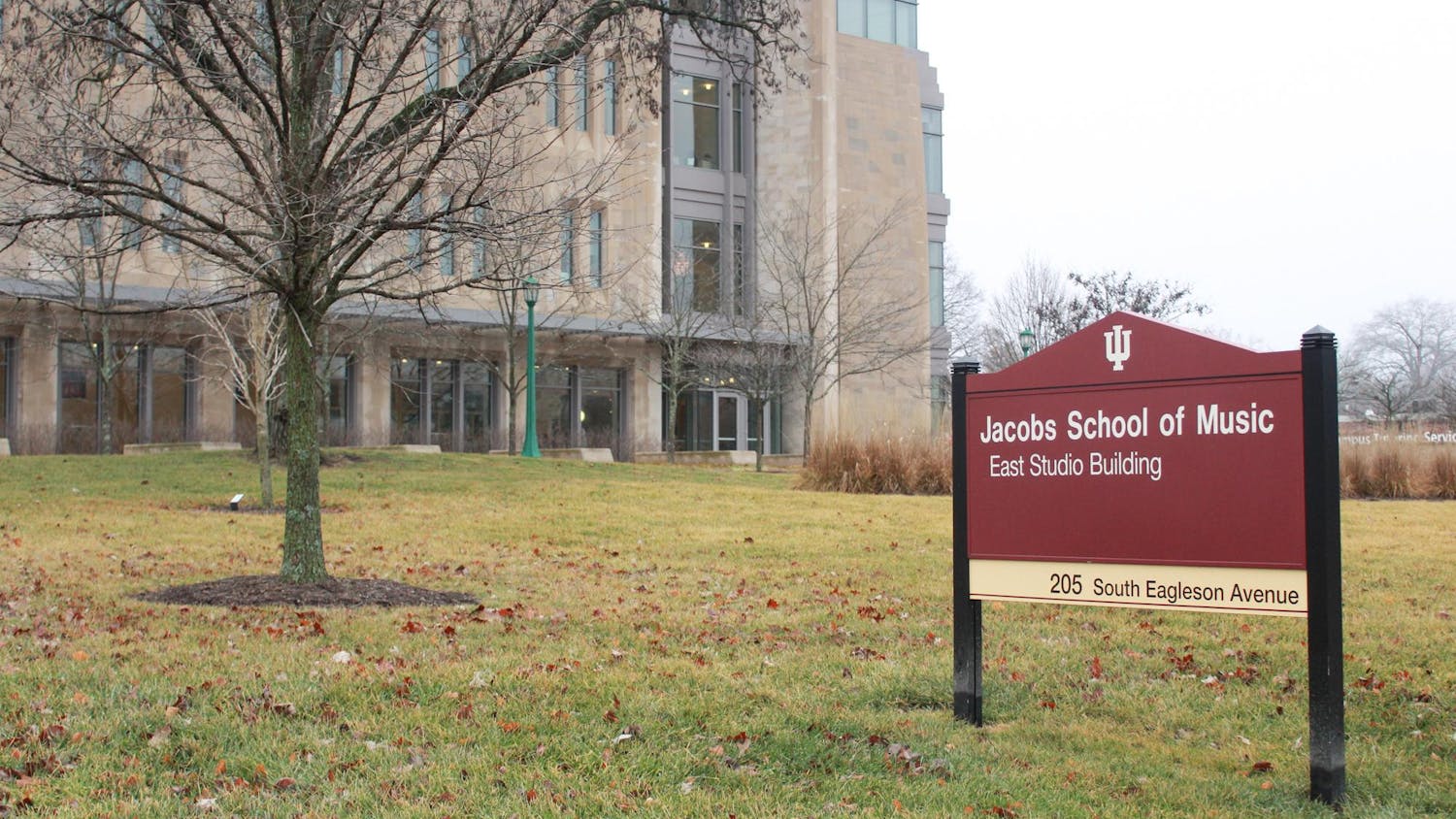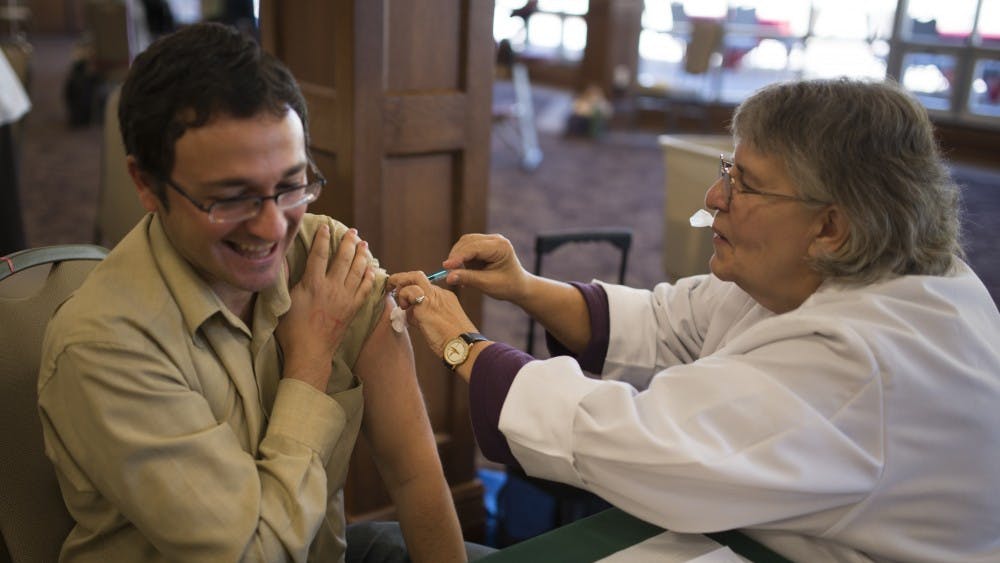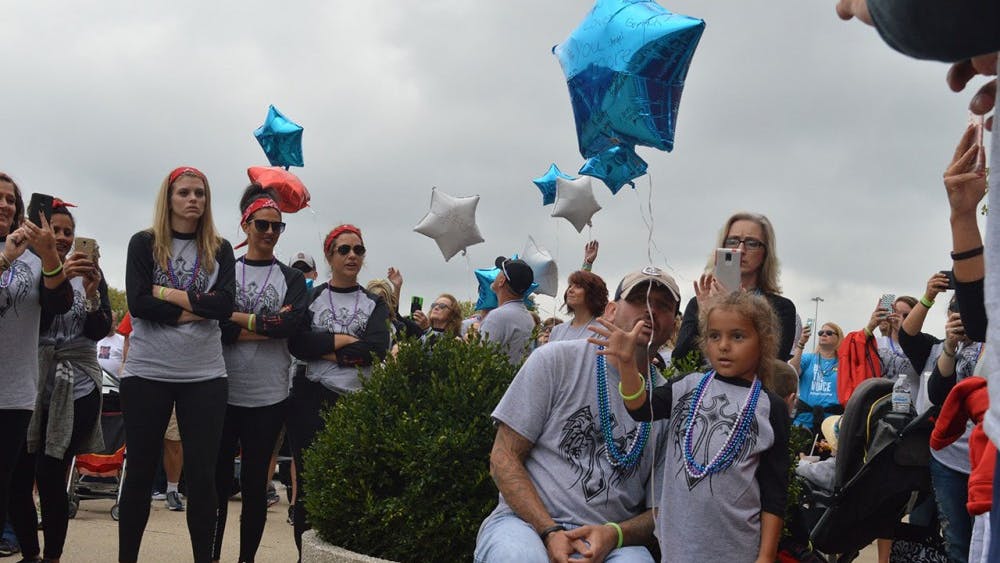At first, they expected her to get over it. Then they told her to act like a boy.\nAt an age when she was expected to play with cars, guns and G.I. Joes, Ashley liked to play with Barbie dolls and wear skirts and high heels. Today she is a happy, little 7-year-old girl, though she was born a boy. “Ashley” is a pseudonym. Because of the nature of the topic, Ashley’s mother, Shannon, wished her daughter’s real name not be used.\n“I discovered that my child was transgender between the age of 18 months and 2 years,” Shannon said. “My child never played with anything that would be considered a stereotypical male toy.”\nShannon will be joined by a mother of a transgender adult at 7 p.m. today in a session called “Transgender Translation: A Parent’s Perspective” in meeting Room 1B of the Monroe County Public Library.\nLocal members of Parents, Families and Friends of Lesbians and Gays, a national nonprofit organization with more than 200,000 members and supporters according to the group’s Web site, has been instrumental in organizing the event.\n“Part of the mission of PFLAG is to provide education and advocacy on transgender issues,” said Kathryn Brown, a health educator at the IU Health Center. “I am on the board of the Bloomington chapter of PFLAG and we decided locally that we wanted to have a program on transgender issues.”\nThe program intends to give people a real-life perspective on gender issues, organizers said.\n“In our society, gender issues have become more talked about in the media but this would give people a chance to talk to real people and hopefully learn from them,” Brown said.\nThere is a recognized need to spread awareness about transgender issues, said Carol Fischer, assistant at the IU Gay, Lesbian, Bisexual and Transgender Student Support Services office.\n“The high rate of physical assault on transgender individuals demonstrates that (more awareness is needed),” she said. “The anti-harassment team at IU is invaluable in safeguarding against cases of verbal or physical abuse. IU is a sort of oasis in that students here are educated on a lot of issues that the general public doesn’t know about.” \nFischer said she hopes the program will further public education about transgender issues.\n“Given that there is still lack of education, hopefully this program would eliminate some of the myths about transgender individuals and the reality of their existence – that they are normal people just like the rest of us.”\nTransgender individuals form about 5 percent of the student population at IU, Fischer said. Many of them choose to live their lives without taking to activism, she added.\nBrown hopes that those who attend the program realize gender variance is not uncommon.\n“I sought professional help for my daughter but never realized there was a word for it,” Shannon said.\nHer family went through several stages before realizing it had a transgender child, she said.\n“At first, we thought it was a phase that would go away,” Shannon said. “Once we realized that wasn’t going to happen, we tried to change the way she behaved, but that only led to anger and depression. We took to counseling, and for over a year our child was allowed to be herself at home, but in school she was still a boy.”\nGradually, however, the family was able to make the transition.\n“It can be very troubling and confusing for parents,” said Jennifer Bass, communications director at the IU Kinsey Institute for Research in Sex, Gender and Reproduction.Through the difficulties that Shannon and her family faced, she became acquainted with other parents of transgender children. The result was TransYouth Family Advocates, a nonprofit organization formed to educate and advocate for gender variance and transgender individuals ages 3 to 18.\n“Families have a difficult time finding support for their transgender children, finding professionals who are educated on gender variance in children and society in general has a hard time understanding gender variance,” Shannon said.\nAshley is in first grade and is aware and understands that she is transgender.\n“We have given her the vocabulary to understand that she has a female brain and a boy’s body,” Shannon said. “She understands that she is different and we have explained to her that we are all different. ... Difference is not bad, difference just is.”
Talk focuses on raising transgender children
Meeting today sponsored by local PFLAG members
Get stories like this in your inbox
Subscribe





